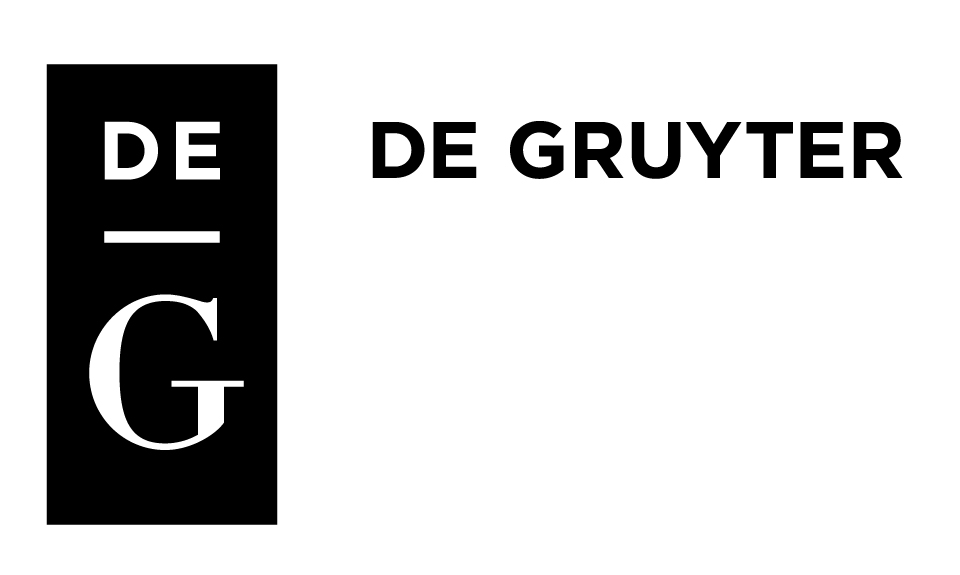
For Book Authors
Are you interested in publishing your next book with us? Find out who we are, which areas we publish and acquire new books in and which one of our renowned book series could be the right match for your project.

Making Your Work Easy To Find with SEO
As an author, you want to ensure that your work reaches the widest audience possible. To be read, however, your work first needs to be found. You can achieve this by taking four easy steps to improve your Search Engine Optimisation (SEO).
In a beginners’ guide to SEO, defining SEO is of paramount importance. Simply put, Search Engine Optimisation is the process whereby you optimise your website and its content to boost its ranking so that it appears higher on search engine page results.
You may be wondering, “Why do I need SEO for my website?”. SEO is critical to ensuring your potential audience can find your work. Very few people ever navigate past the first page of results offered by search engines, regardless of whether you’re using Google, Bing, DuckDuckGo or any other online search tool. It is essential, therefore, to implement SEO so that your online content appears as high as possible on a search engine’s results. Boosting your discoverability online will also enhance the ability of your peers and other researchers to find your work on academic-focused search engines like Google Scholar, ResearchGate, or Web of Science.
To further emphasise the importance of SEO, roughly half of the web traffic to www.degruyter.com comes from search engines. This shows how important it is to have good SEO so that readers can find your content.
Ensuring the SEO of your site is an increasingly complex challenge as search engine algorithms adapt and evolve all the time. This is why many people turn to companies that specialise in SEO to guarantee the maximum discoverability of their online content. However, there are four things authors can easily implement when developing content for their websites to help boost their SEO.
One of the most important ways of ensuring your website ranks highly on search engines is by using keywords. Search engines use bots to scan the written elements of online content so that they can understand what the piece is about. These keywords or key phrases are vital, as this is how people search for information when using a search engine.
You can get an idea of what keywords and key phrases you should be using by:
Using keywords and phrases from the title, subtitle and abstract of your work to see what results appear in search engines
Taking advantage of free tools such as Google Trends to see how often the keywords or phrases you’ve chosen appear in searches.
If you’ve completed your work, look for important keywords and phrases that repeatedly appear throughout your piece to use for SEO. For academic pieces, you should include terms that are related to your piece in the keywords field of an online academic publication, even if they are not specifically mentioned in your work. These will act as tags for the indexing of your work, so research sites know what other subjects your work relates to.
For example, if you are writing a piece on how climate change affects biodiversity, you can enter “climate change and biodiversity” into a search engine or Google Trends to see the type of content that appears and whether people are searching for those specific keywords. Again, relating to the example above, you could also consider adding terms like “green energy” in the keyword fields in academic pieces.
Once you’ve decided on the keywords you want to use, be sure to include them in the title and subtitle, abstract or summary, subheadings, and keyword fields of your work. However, it’s important to note that you should avoid adding these keywords excessively and unnaturally. This practice, also known as keyword stuffing, can negatively impact your search ranking.
The title of your work is undoubtedly critical to ensure it reaches the widest possible audience, not only in regards to appealing to readers but also for SEO. Search engines rely on keywords from titles and headers to ensure that the relevant results appear in a search. To ensure your title is SEO friendly, keep these tips in mind:
Keep your title to 15 words or less.
If possible, place the most important keywords near the start of the title.
Do not use uncommon abbreviations.
Use as concise and direct language as possible, while avoiding phrases such as “effect of”, “involvement of”, or “evidence of” if your title can be written more efficiently.
Try to avoid placing important keywords in the subtitle.
Here is an example of how to write your title:
Do: Masculinities and the Nation in the Modern World: Between Hegemony and Marginalization
Don’t: Between Hegemony and Marginalization: Masculinities and the Nation in the Modern World
While the majority of your academic work may be locked behind a paywall, the title and abstract is usually available for anyone to read. This makes these two elements a powerful tool for SEO since bots will be able to access it. These parts of your work will also be the most widely read part of your publication since they are publicly accessible.
Here are some SEO guidelines you should follow when writing your abstract:
The authority or trustworthiness of your site or online work can greatly affect your SEO ranking and its discoverability. One way to boost this aspect of your online content is through the use of links. Here are some of the ways you can create links:
On a page at your institution
On your personal website or blog
Using your social media accounts
Add recent publications to your email signature
Add your work as a reference on Wikipedia
On online academic resources such ResearchGate or Mendeley
In citations of your previous work.
For guidelines on sharing your book, please see our Repository Policy.
SEO can be quite a challenge, but we hope this SEO guide will help you enhance your discoverability online so that your work can reach its intended audience. Be sure to revisit our site for more information on promoting your book as well as other on academic publishing.